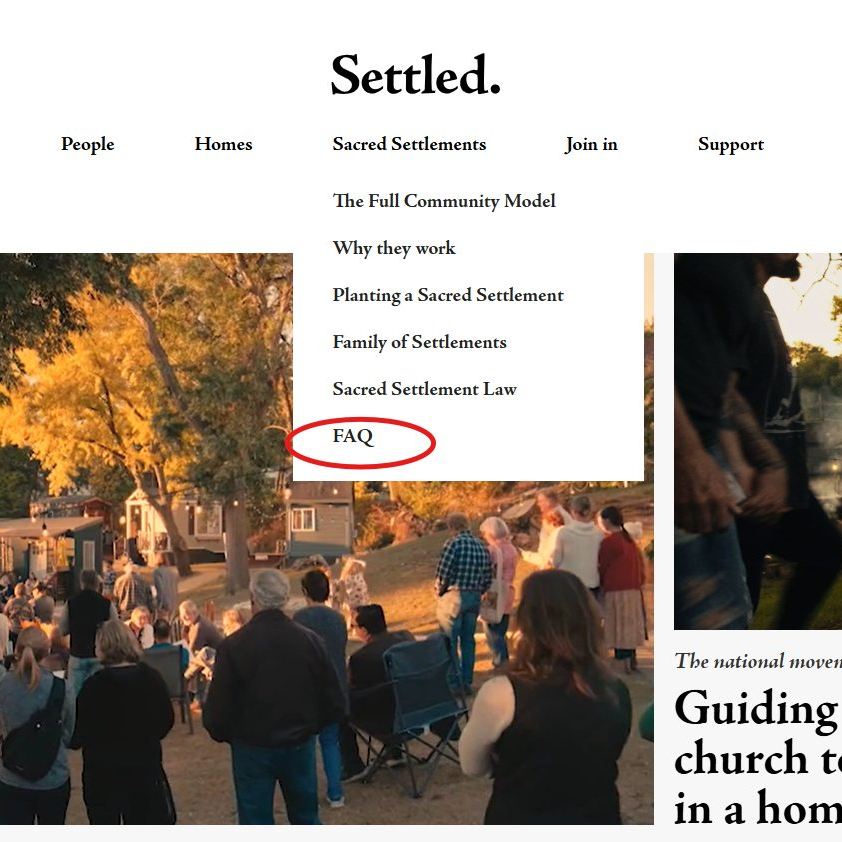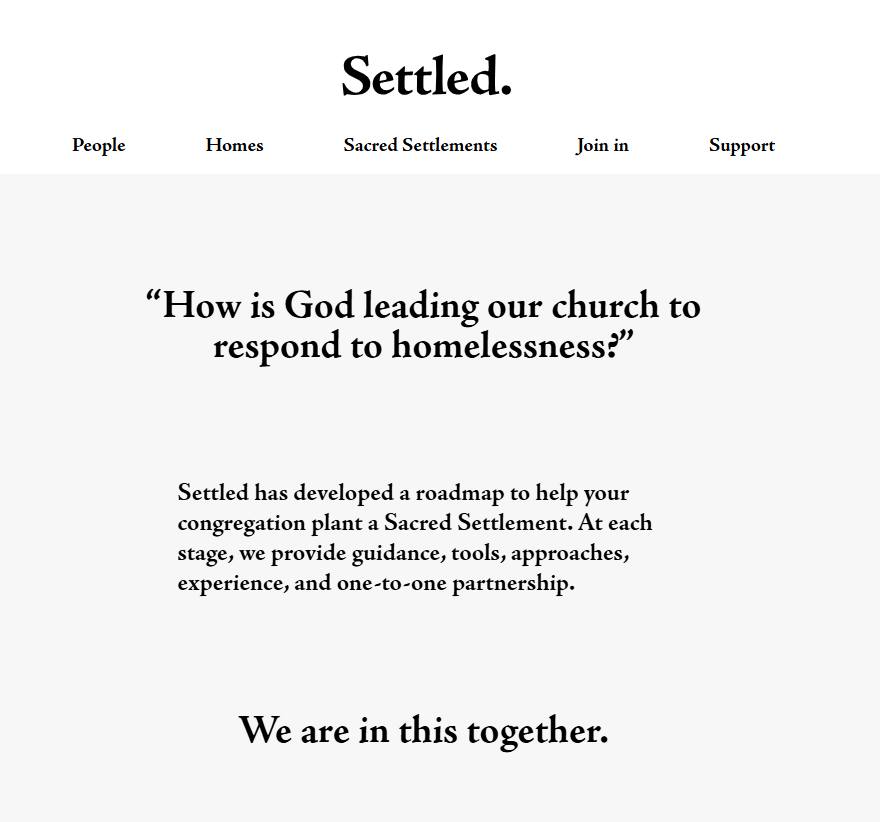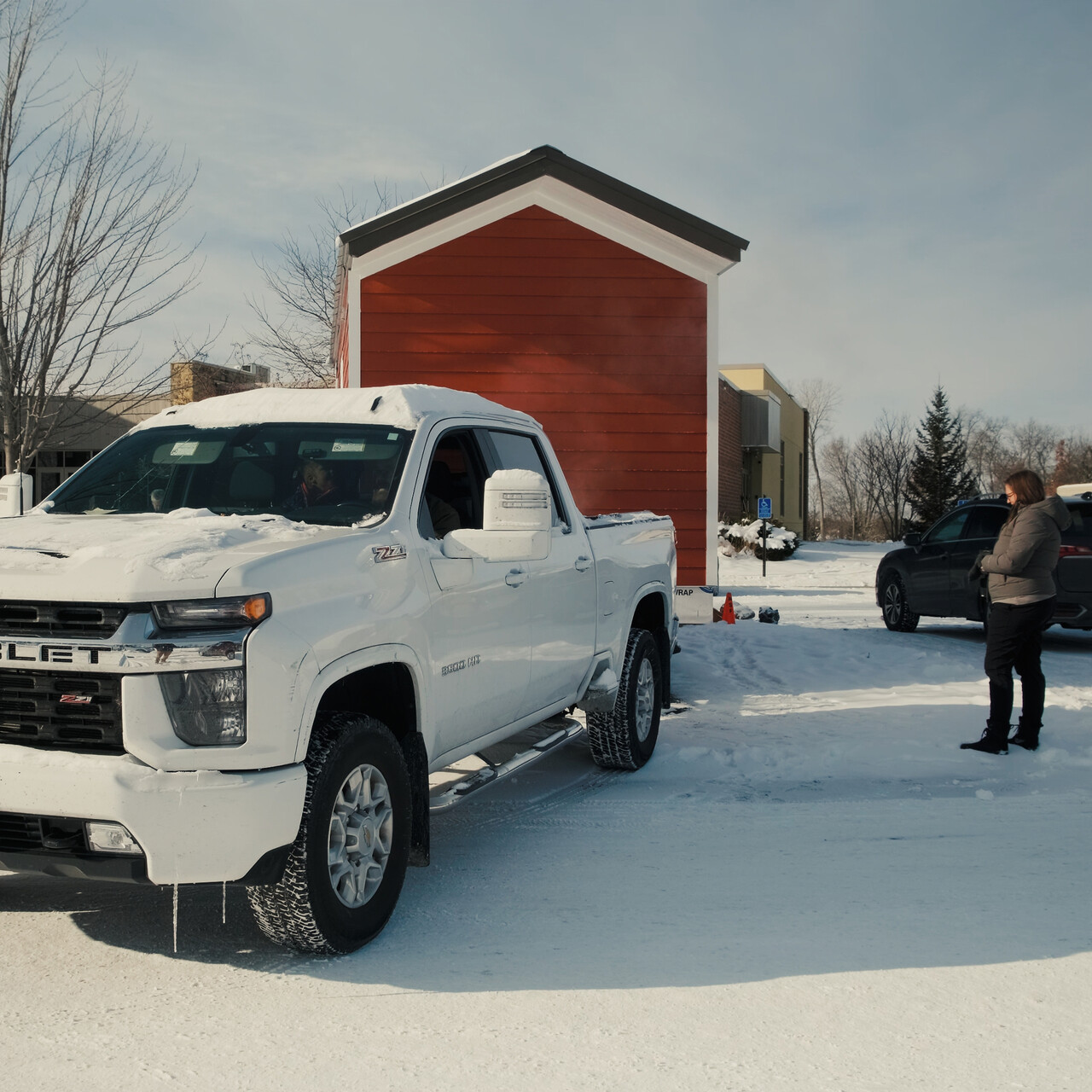Are Sacred Settlements legal?
One of the most challenging aspects of this work has been navigating current building codes which do not account for the tiny home standard or the unique aspects of our innovative model.
The power of resilience.
In the spring of 2023, Minnesota passed historic legislation making it possible for faith communities to serve their neighbors with open arms.
It took a lot of hard work behind the scenes from our dedicated team to accomplish this. Now cities and municipalities have a roadmap to permit and approve Sacred Settlements easier and faster.
Read a summary of the bill below.
Who is involved.


This bill serves the
chronically homeless,
those who have been homeless
for at least a year
or
four times in the past three years
and
have a diagnosable addiction,
disability or mental illness.
They are joined by
designated volunteers,
who have not been homeless
and
have been approved
by the
religious institution,
a church, synagogue, mosque or other religious organization
to live in
micro units,
mobile residential dwellings providing permanent housing
which are placed in a
sacred community,
a settlement established on land where the institution's primary place of worship is located.
Living standard.


Micro units must be built
to the American National Standards Institute (ANSI) building standard
which includes
adequate
heating
and
electrical systems
and
fire/life safety.
The micro unit must be inspected and certified to be
under 400 square feet
and
built on a permanent chassis,
anchored to pin foundations
and
use durable exterior materials
and
have residential grade walls, insulation,
doors and windows
and
smoke and carbon monoxide detectors.
micro units must have a
dry, compostable,
or plumbed toilet.
(Homes are not required to be connected to sewer or water)
Community features.


A Sacred Community must provide
residents
access to water and electric utilities
either
in their unit
or
in a common building
including
kitchen
and
toilet
and
bathing
and
laundry
facilities.
A sacred community
must be insured
and
have one-third to 40% of the units occupied by designated volunteers
and
have adequate parking, lighting, and be accessible by emergency vehicles
and
protocols for security and addressing conduct
and
safety protocols for weather
Sacred communities are subject to
state laws governing landlords and tenants
and
a municipality cannot add additional requirements beyond this legislation.
What this all means.
This landmark legislation clears a path for faith communities to establish Sacred Settlements — the most affordable housing in existence for their neighbors on the streets.








